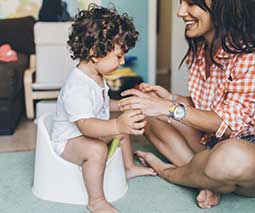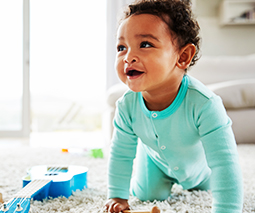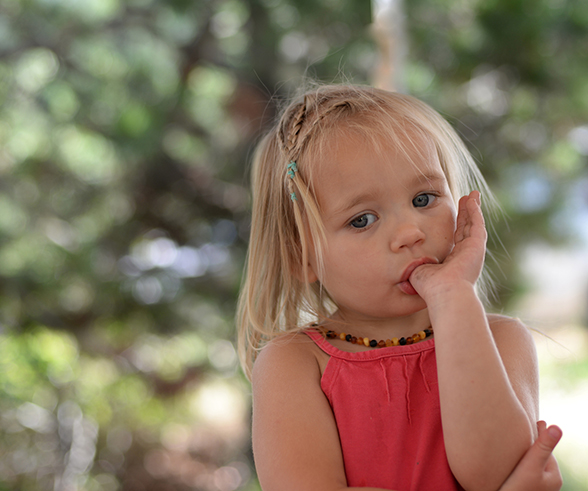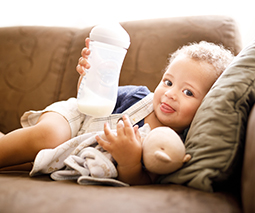Maggie Dent has a brilliant tip for helping kids share

According to parenting educator Maggie Dent, boys have a language all of their own – one that isn’t spoken.
During Babyology’s recent Facebook live with Maggie, Emma, a mum of two young boys aged five and three, asked for advice on how to manage the hitting that was happening between her sons when they touched each other’s stuff.
Here’s what Maggie had to say.
Everybody’s stuff vs special stuff
“There are two sides to this. Firstly, we need to have in our home – and let me be clear, this is with girls as well – a very clear conversation about what is everybody’s stuff and what is special stuff,” says Maggie.
“Stuff in the special box stuff means that it goes up when other people come into the house. Let’s face it, no one likes having their special stuff touched.”
As for the hitting, Maggie says that when boys can’t communicate their feelings verbally, they will find another means to do so.
“Now, I need to tell you that if boys are not able to say ‘I love you’, they will want to be able to show you that ‘I love you,'” says Maggie.
“Sometimes that might mean a young boy might run out of daycare or his early childhood setting and plough straight into the legs of his Mum, and almost break them! This is his way of trying to show you, through his actions, just how much he’s missed you.”
Babyology Live Chat: Mothering Our BoysLIVE CHAT with parenting educator, Maggie Dent. We’re chatting about all things boys – raising them, loving them – to celebrate the launch of her brand new book, Mothering Our Boys.
Posted by Babyology on Thursday, 11 October 2018
Aggression nurturance
Maggie says that this type of behaviour is called aggression nurturance. Basically, it’s when boys use what we may perceive as aggression to show their love or desire to connect with you.
“Sometimes we as Mums need to look away,” says Maggie.
“As long as we have had the conversation about trying not to hurt ourselves or anyone else, sometimes boys have this need to jump on each other and have a bit of a tackle.
“It ’s about them letting the little warrior inside them have a play and some fun, and sometimes this means jumping on each other.”
This isn’t a concept mothers understand terribly well, says Maggie. And she realises that it can be a challenge to look at behaviour from a different angle. But she assures us that if we tune into our children beyond their aggression – we will find answers.
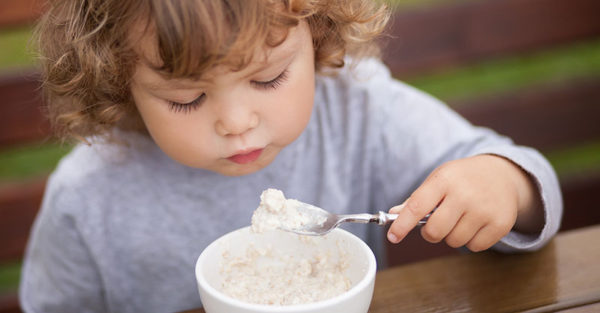
Setting loving boundaries
Sometimes children don’t understand how to be gentle with their hands, or that their actions are hurting others.
Maggie’s advice in this situation is to hold the hand of the child who has hit someone and say, “No. That hurts”.
“But what we might then show him is, how about a high five instead? Because what your little boy is actually wanting, is connection and fun – he just needs your help to find a better alternative,” says Maggie.
“Because your little boy would never actually want to hurt you, so it’s up to you to give him another physical expression that won’t be quite as painful.”
Little boys don’t often know their strength or the right way to communicate verbally – so they need our help to come up with a more appropriate alternative. And this takes time and practice for it to be anchored.
As it turns out, our little boys have a lot more loving in them than we may realise at first glance – beyond all the rough-and-tumble. And what they need is a little patience, nurturing and understanding.
